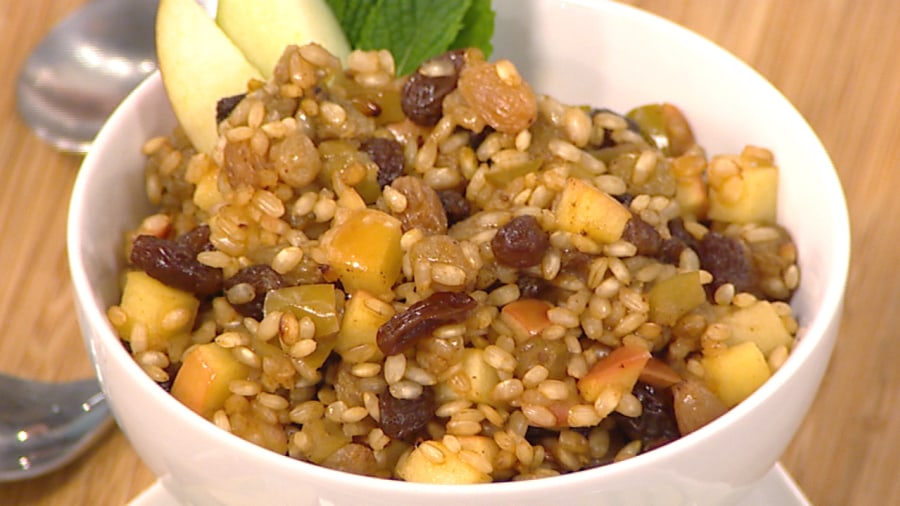
There is not one way to eat “perfectly,” nor do you need to! Different styles work for different people, schedules and ideals. However, we can all learn a little from each other’s lifestyles. Even if you’re a meat-and-potato person, you’ll be doing your sirloin-lovin’ bod a whole lot of good by adopting some tips from your vegan friends.
1. Eat foods that are in season.
This isn’t a steadfast vegan “rule,” but many people who consciously choose to eat vegan are also making other conscious (or even unconscious) decisions. One they often consider? Buying lots of fresh produce, particularly in season.
Produce is cheaper when purchased in season because of its abundant availability. And not only is it more environmentally friendly, but your palate will thank you, too. Your carrots will be sweet and crunchy and your tomatoes juicy and ripe. What does that mean for a non-vegan? Fruits and veggies will hopefully have more appeal and you’ll be upping your intake of antioxidants.
2. Fill up with fiber.
This is another byproduct of being vegan. Vegans usually get more fiber than meat eaters, pescatarians and even vegetarians alike. Vegans (who eat responsibly and don’t fill up on diet soda and pasta!) do fill up on whole, real foods including ancient grains, fresh fruits and vegetables, legumes, nuts and seeds. These foods will help you steer clear of processed and packaged foods filled with unhealthy chemicals and will contribute to your intake of fiber.
3. Plant your protein.
Whether you’re a meat eater or vegan, getting some of your protein from plant-based protein sources is important. Replacing animal-based protein even just two meals per week for plant-based ones such as this three-bean chili will help improve your health. Another point about protein? It’s digested more slowly than carbohydrates, and is a great tool to keeping you satisfied after a meal.
4. Eat those good-for-you fats.
People who follow vegan diets are often conscious of eating enough healthy fat. They depend on good sources such as nuts (think almonds, walnuts and cashews) and seeds (think hemp, sunflower and flax). Healthy fats help you absorb other nutrients, and can even help you burn fat.
Vegans also pay particular attention to omega-3 fatty acids because these fats are important for everything from the formation of cell membranes, to the production of hormones, to regulating genetic function. You can find them in fatty fish like salmon, but vegans get these heart-healthy fats by throwing flax or hemp seeds on their salads.
5. You may need to supplement.
There’s no such thing as a perfect diet. Even when you’re eating balanced meals, healthy snacks and tons of fresh foods, you may be missing out on a few key nutrients. Vegans often need B12 and this may not be your concern, but talk to a doctor or registered dietitian and consider supplementing in areas where you may be struggling.
[source=today]




















